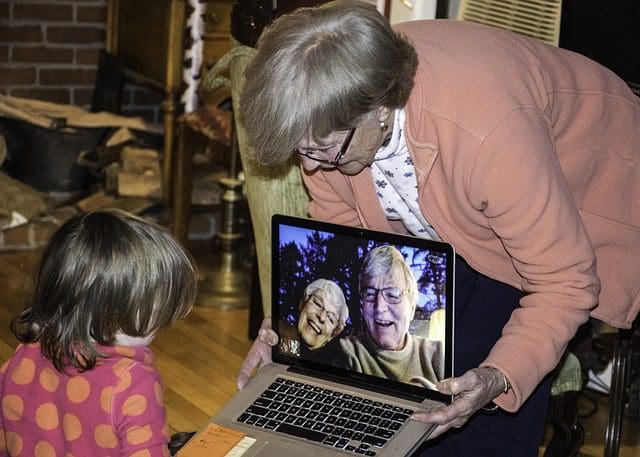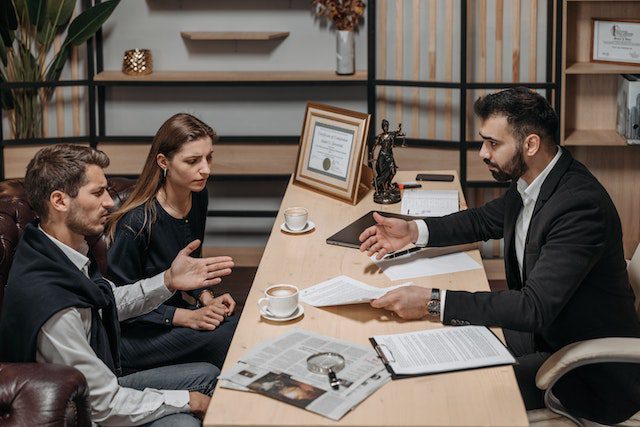Being involved in an accident that wasn’t your fault can significantly impact your life. Not only are there the injuries and medical treatment to ensure, but there are also the changes you’ll have to make to your daily routine and activities. This is where compensation for loss of amenity comes in. Seeking professional guidance can help you navigate the legal complexities of your accident. If you’ve been injured due to someone else’s negligence, reaching out to Georgia Auto Law is essential to protect your rights and secure the compensation you deserve.
In this guide, we’ll explain exactly what loss of amenity means, and we’ll discuss how it’s calculated.
Table of Contents
General Damages and Special Damages
Two types of damages can be awarded in a personal injury claim: general and special.
General damages are awarded for the pain and suffering caused by the injury and any loss of amenity (reduced quality of life) experienced as a result. They are more difficult to quantify than special damages, as there is no set financial value for pain and suffering. This means that when you are compensated for the loss of amenity, the figure will be based on previous awards made in similar cases.
Special damages are awarded for any financial losses directly caused by the injury, such as loss of earnings, damage to property, or medical expenses. They are easier to quantify than general damages, as each item will have a specific value that can be calculated.
What is Loss of Amenity?
Loss of amenity is a legal term to describe the decrease in quality of life experienced by an individual due to an injury. It can refer to physical and psychological injuries, including loss of independence, mobility, or the ability to enjoy hobbies and activities.
For example;
- If a person is paralyzed due to an accident, they may be unable to return to work or enjoy the same level of physical activity as before. This would be considered a loss of amenity.
- Someone who suffered whiplash may not have been able to attend the exercise class they enjoy each week.
- A grandmother who cannot go with their grandchildren to the park because of an injury suffered from slipping on the wet floor in a shopping center.

What Types of Accidents Can Cause Loss of Amenities?
Any type of accident that causes an injury can also lead to a loss of amenities. Some common examples include:
- Car accidents
- Slips, trips, and falls
- Workplace accidents
- Cycling accidents
- Medical negligence
Calculating Compensation For Loss of Amenity
The Law Offices of Steers & Associates explains that there is no one formula that personal injury lawyers use to calculate compensation for loss of amenity. Instead, they will take several factors into account, such as the victim’s age, the severity of the injury, and the prognosis for recovery. They will also consider any financial losses incurred due to the injury, such as loss of earnings or medical expenses.
Once all of these factors have been considered, the lawyer will make a judgment on what they believe is a fair and reasonable amount of compensation. This figure will then be used as a starting point for negotiation with the other side.
Some of the factors that will be considered include the following:
- The severity of the injury and how long it is expected to last
- The age of the victim
- Their occupation (for example, someone who is self-employed may suffer more significant financial losses than someone who is employed)
- Whether they have suffered any previous injuries
Compensation for loss of amenity is usually calculated as a percentage of the victim’s general damages award. For example, if the victim is awarded £10,000 in general damages, and their loss of amenity is assessed at 20%, they would receive an additional £2,000 in compensation.
How is Loss of Amenity Proved?
To prove the loss of amenity, an individual must show how their injury has impacted their life. This can be done with medical records, statements from family and friends, and diary entries documenting the changes in their lifestyle.
You can also prove it through paperwork showing the cancellation of the activities that can no longer be enjoyed. This could be like the termination of your membership to the gym or a golf club.
It is important to note that not all injuries will result in a loss of amenity. For example, if someone breaks their arm but can still work and do the things they enjoy, they are unlikely to be compensated for the loss of amenity.
Get in Touch With a Personal Injury Solicitor
If you have suffered an injury that has resulted in a loss of amenity, you may be entitled to compensation. When trying to find a personal injury solicitor, you should look for the following:
A solicitor with experience in dealing with the loss of amenity claims
You will find that legal professionals tend to focus on one aspect of the law. Loss of amenity claims can be complex, so you should look for a solicitor with experience in this area. This will ensure that they are familiar with the relevant case law and know how to best represent your interests.
A solicitor who offers a free initial consultation
This will allow you to get an idea of whether or not you have a case without incurring any cost. It will also allow you to meet with the solicitor and see if you feel comfortable working with them.
A solicitor who works on a no-win, no-fee basis
You will only have to pay the solicitor if they successfully win compensation. This can make pursuing a claim much less risky, as you will not have to pay anything if the case is unsuccessful.
Summary
When you’ve been injured in an accident that wasn’t your fault and had a significant impact on your life, you may be able to claim for loss of amenity. This type of compensation is designed to reflect that your injury has made it difficult or impossible to enjoy the things you used to do.
To make a claim, you must show how your injury has impacted your life and what financial losses you have incurred. It is important to note that not all injuries will entitle you to loss of amenity compensation.
If you think you have a claim, the best thing to do is to speak to a personal injury solicitor who can assess your case and advise you on the best course of action. Many solicitors offer free initial consultations, so it won’t cost anything to determine if you can make a successful claim.
Featured Photo by Pavel Danilyuk: https://www.pexels.com




